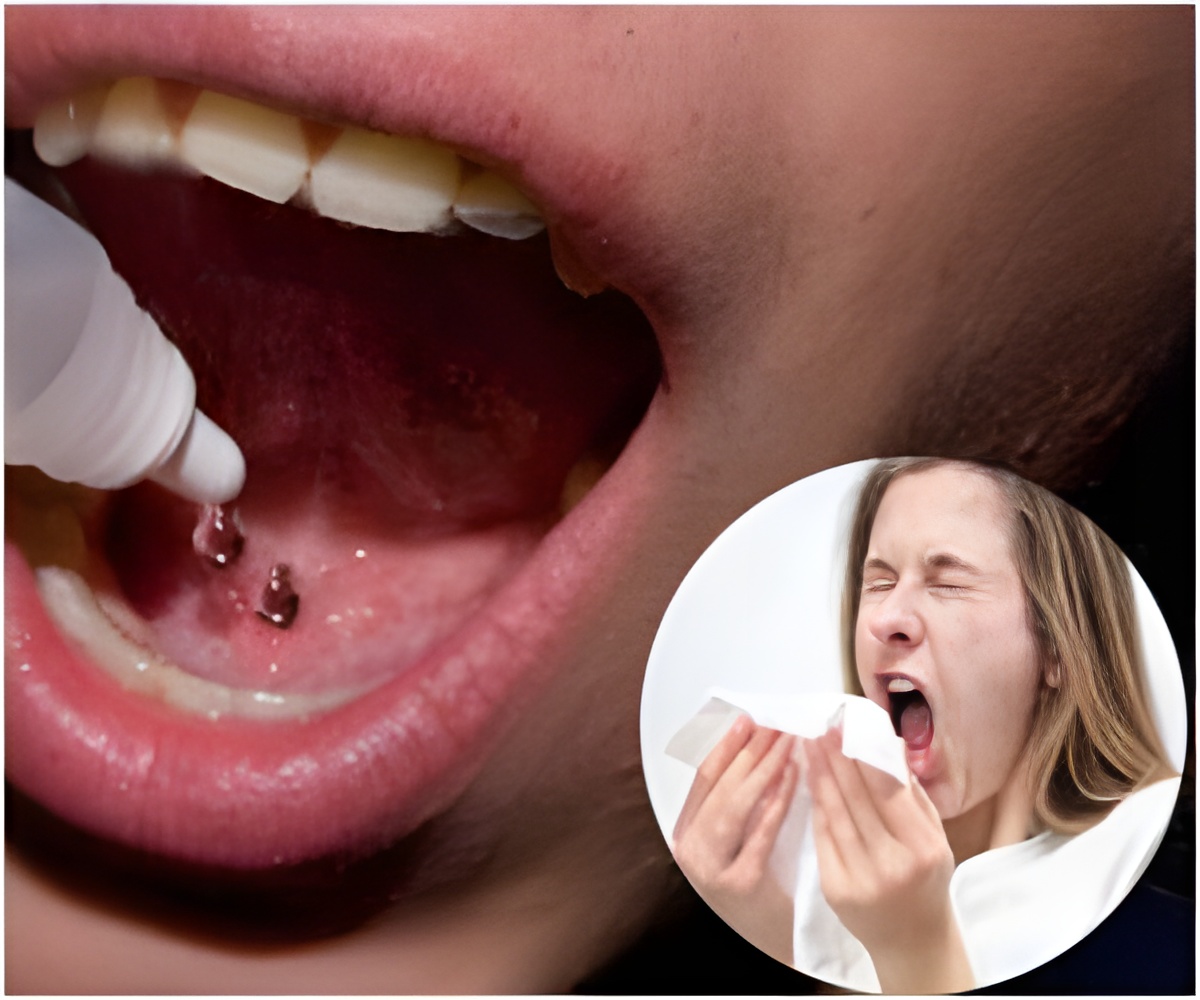Sublingually administered allergen immunotherapy (SLIT) brings about a significant reduction in symptom and medication scores in patients with allergic rhinitis.
Allergic rhinitis, a common condition, affects between 10% and 40% of people worldwide. The typical clinical features include sneezing, watery rhinorrhoea, nasal blockage, itchy, watery eyes and itchy throat. Avoiding the cause, i.e. the allergen, is the first-line treatment recommended by guidelines. This is followed by prescriptions of drugs called antihistamines and topical nasal corticosteroids. In severe cases and when usual therapy fails specific immunotherapy is recommended. Immunotherapy involves the administration of gradually increasing doses of the allergen over a period of time to desensitise the patient. It modifies the immune response and treats the cause rather than the symptoms.
Subcutaneous injection immunotherapy has been used for decades and is known for its efficacy. It brings about significant reductions in symptoms and medication requirements. Immunotherapy is administered as subcutaneous (under the skin) injections by specialists. Long-term changes brought about in the immunological response to allergen may persist for years following discontinuation. The route can however be uncomfortable and time-consuming. Itch or swelling at the site of injection is a common side effect. Subcutaneous injection immunotherapy may rarely ensue in severe systemic reactions. These reasons triggered a search for alternative routes for the delivery of immunotherapy.
Attention was focused on the sublingual route in which the allergen solution is given under the tongue. Significant research activities in the field of sublingual immunotherapy have been going on since 2002.
An updated Cochrane Review of sublingual immunotherapy for allergic rhinitis was published recently. A total of 60 studies were included in this review.
Sublingually administered allergen immunotherapy (SLIT) brings about a significant reduction in symptom and medication scores in patients with allergic rhinitis. Compared with placebo, SLIT was found to be associated with a greater reduction in rhinitis symptom scores and anti-allergic medication requirements. No serious adverse reactions were reported in the included trials.
Sublingual immunotherapy is hence an efficient alternative to allergen injection immunotherapy. It has a significantly lower risk profile. The optimum dose and duration of therapy are yet to be worked out. The exact mechanism of action is still under investigation. Further research that can shed light into this treatment modality with a huge potential is solicited.
Source: Radulovic S, Calderon MA, Wilson D, Durham S. Sublingual immunotherapy for allergic rhinitis.
Cochrane Database ofSystematic Reviews 2010, Issue 12. Art. No.: CD002893. DOI: 10.1002/14651858.CD002893.pub2.
Source-Medindia













